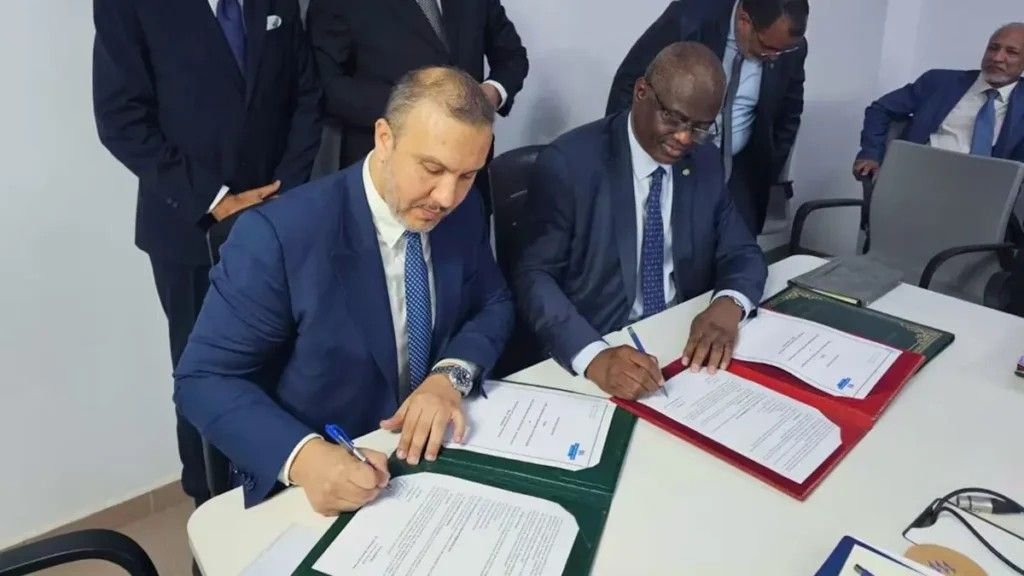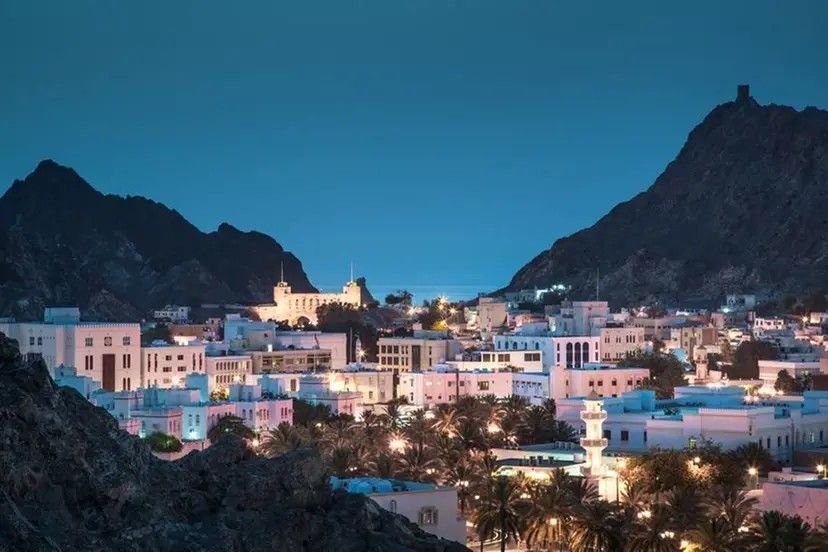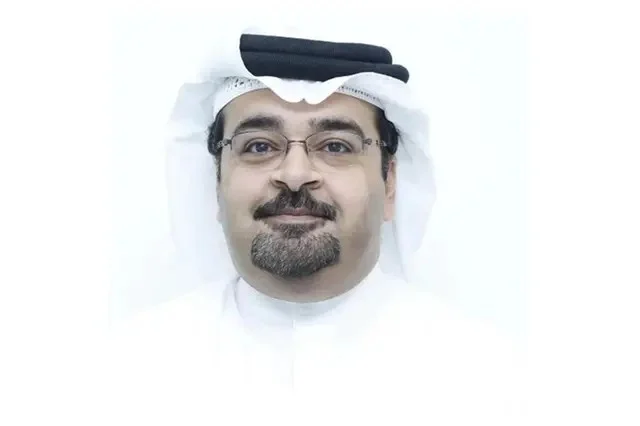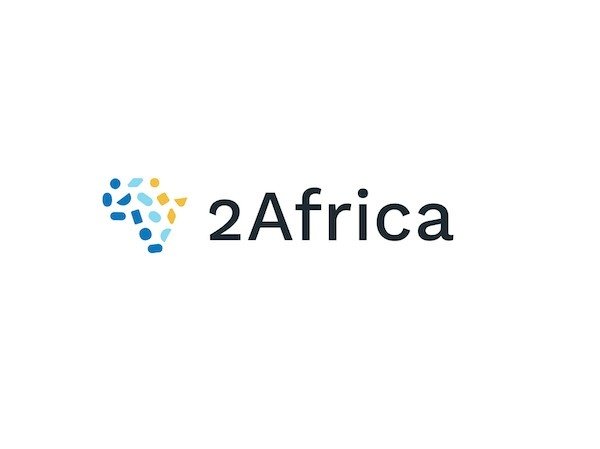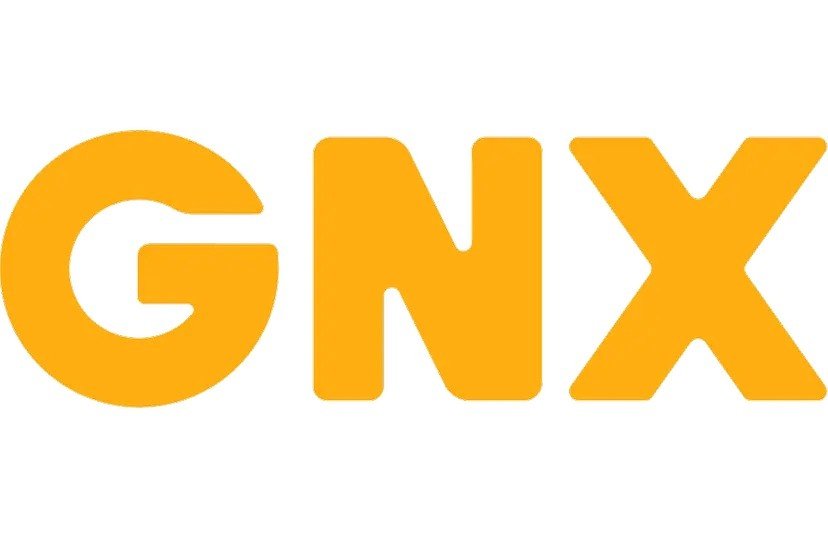In a significant step towards enhancing regional energy security, Morocco and Mauritania have signed a landmark power interconnection agreement in Nouakchott. The deal will link the two countries’ electricity networks, boosting economic integration and promoting renewable energy development. This move is expected to strengthen energy security in West Africa and forge deeper ties between the nations, while also aligning with broader geopolitical strategies in the region.
The agreement was signed by senior officials from both countries, including Tarik Hamane, Director General of Morocco’s National Office of Electricity and Drinking Water (ONEE), and Sidi Salem Mohaned Elabd, Director of Mauritania’s Electricity Company (SOMELEC). Moroccan Ambassador to Mauritania, Hamid Chabar, was also present at the signing ceremony.
The interconnection aims to address regional energy challenges and enhance the distribution of electricity in West Africa, improving regional stability. It will also provide significant opportunities for renewable energy collaboration between the two nations, with both officials emphasizing the potential for clean energy projects to benefit the region.
In addition to its technical implications, the agreement carries substantial geopolitical weight, as Mauritania moves closer to Morocco, distancing itself from the Polisario Front and softening its stance on the Western Sahara issue. This agreement is seen as part of a larger strategy that also includes new trade infrastructure and a deepening diplomatic relationship between the two countries.
Mauritania, which has growing energy and security challenges, stands to gain significantly from the deal, with the potential for expanded cooperation in other sectors like telecommunications and internet services, enhancing both economic and technological collaboration with Morocco.
About the Power Interconnection Project
This power interconnection is expected to have far-reaching effects, not only in terms of energy distribution but also in terms of improving political and economic stability across the region. As Mauritania faces increasing security threats and economic challenges, the agreement with Morocco could become a critical tool for promoting peace and prosperity.
The project will also play a crucial role in connecting Mauritania to European markets, further enhancing regional economic integration. Both countries have expressed their commitment to ensuring the swift and successful implementation of the initiative, signaling the beginning of a new era of cooperation.











